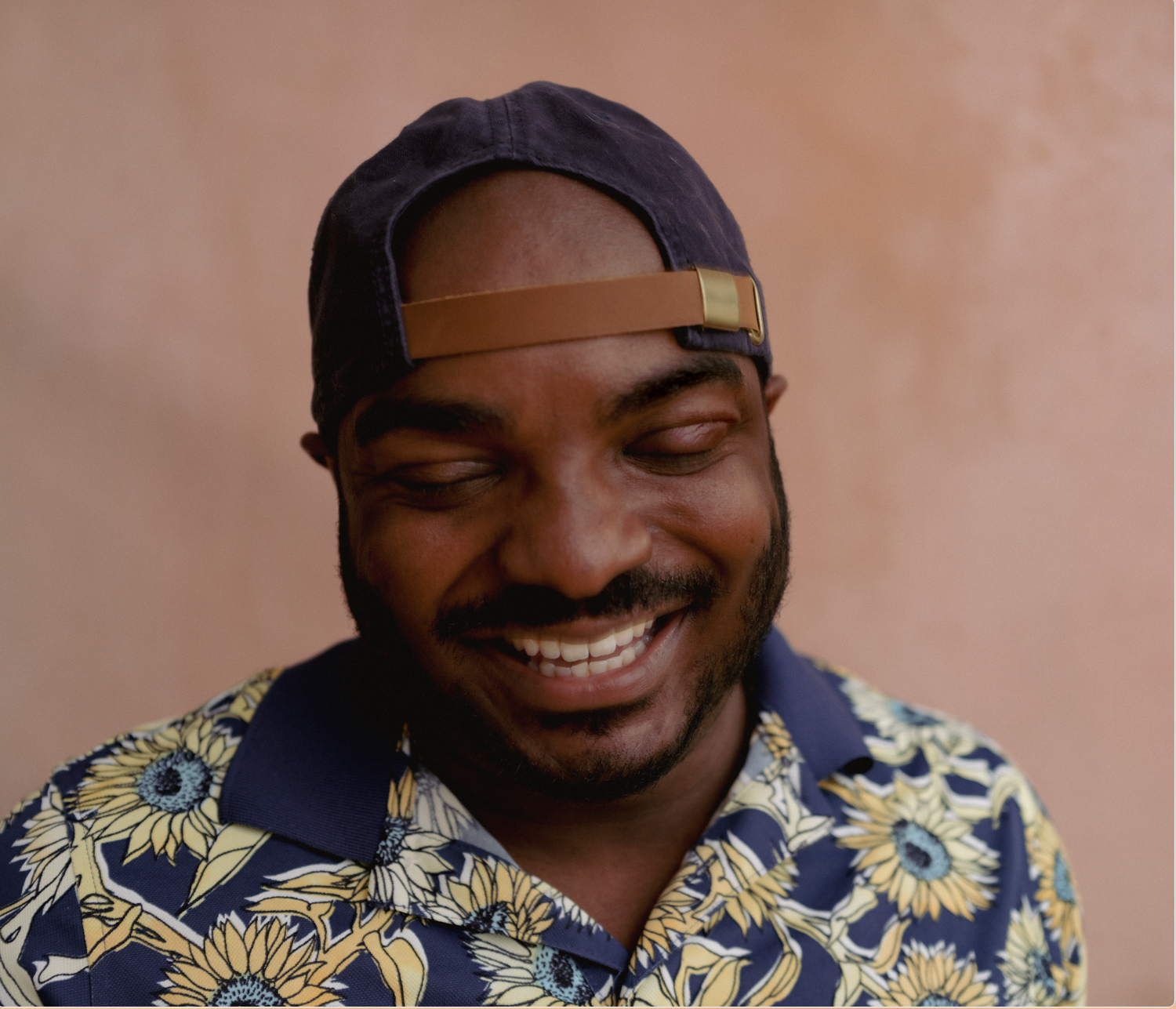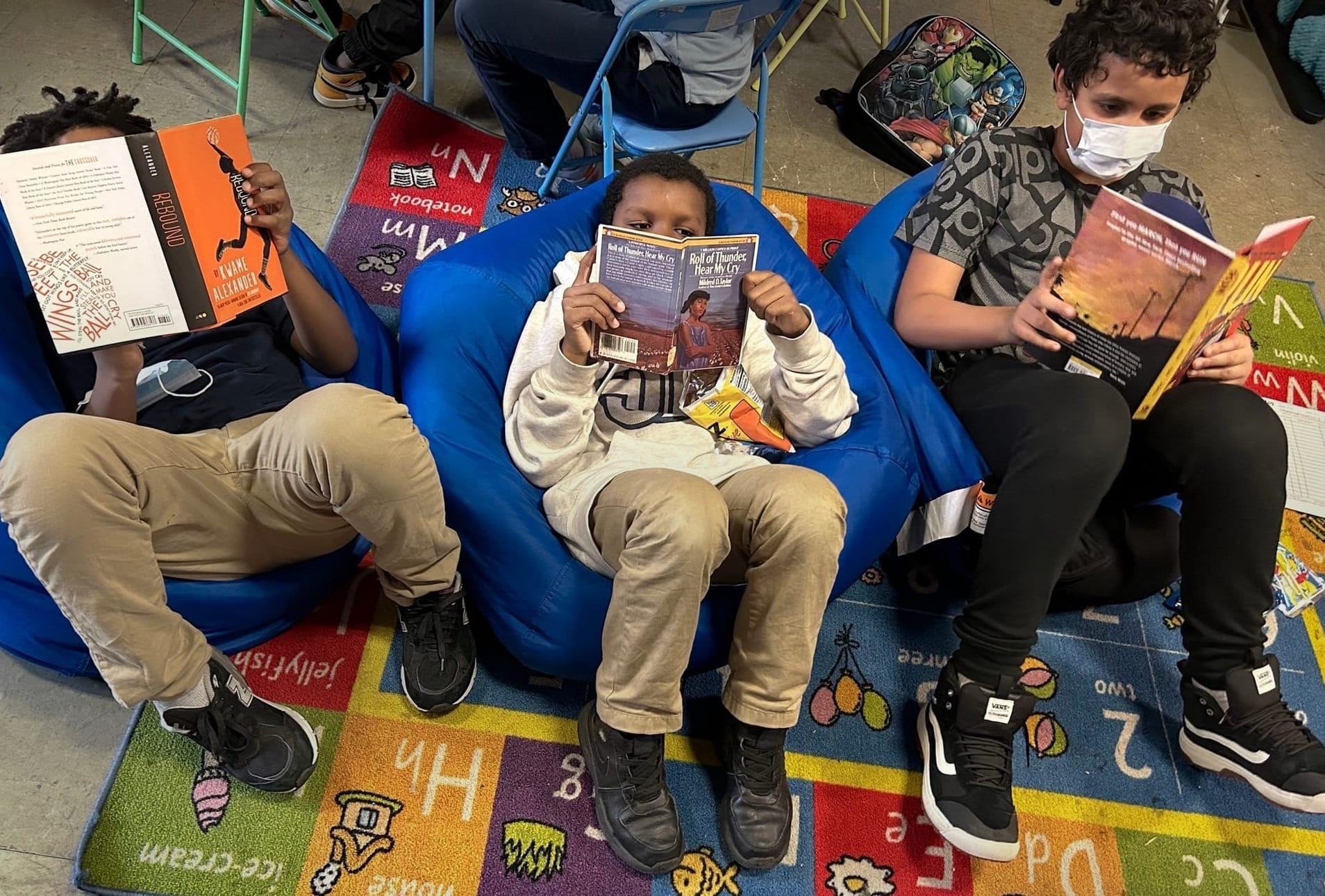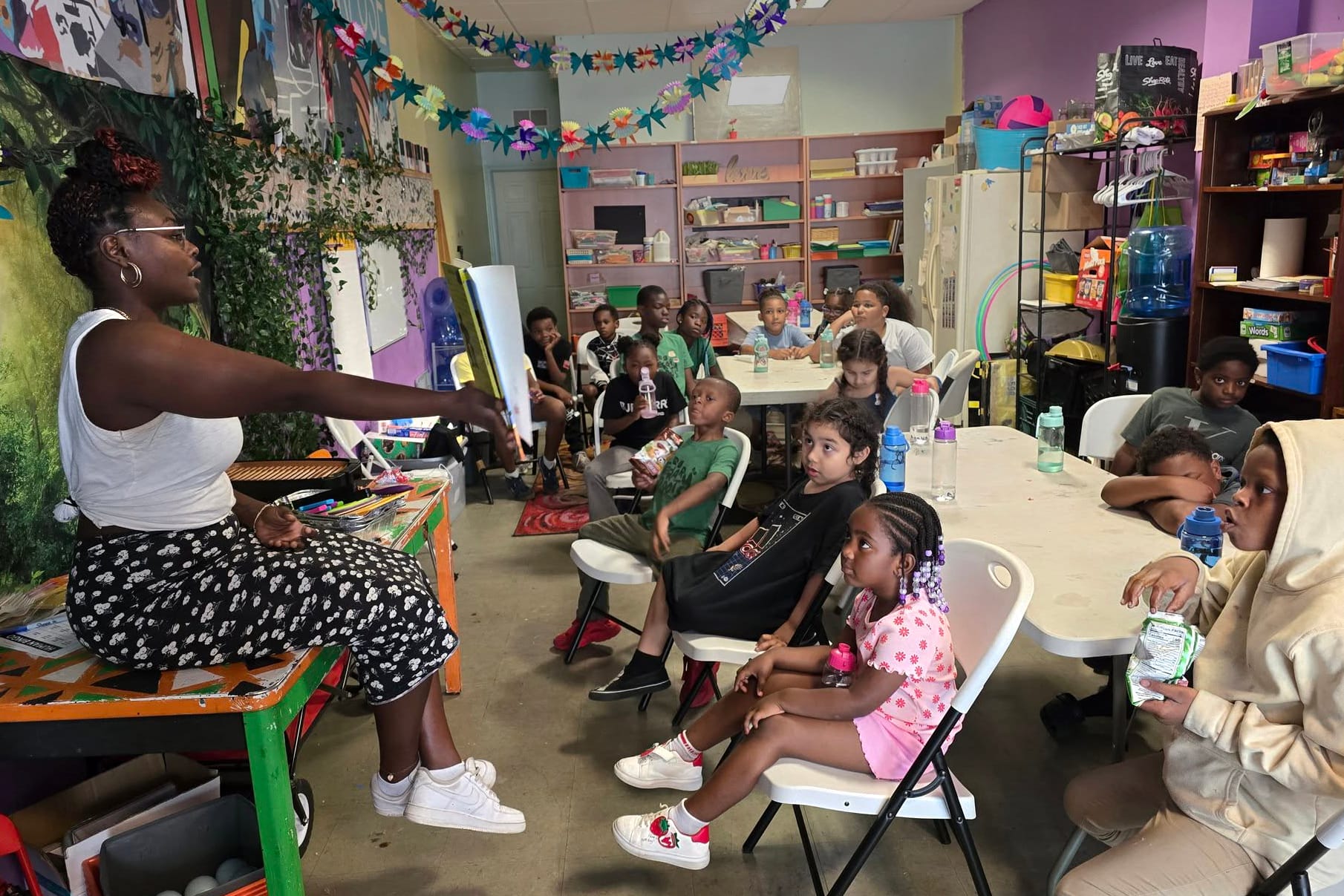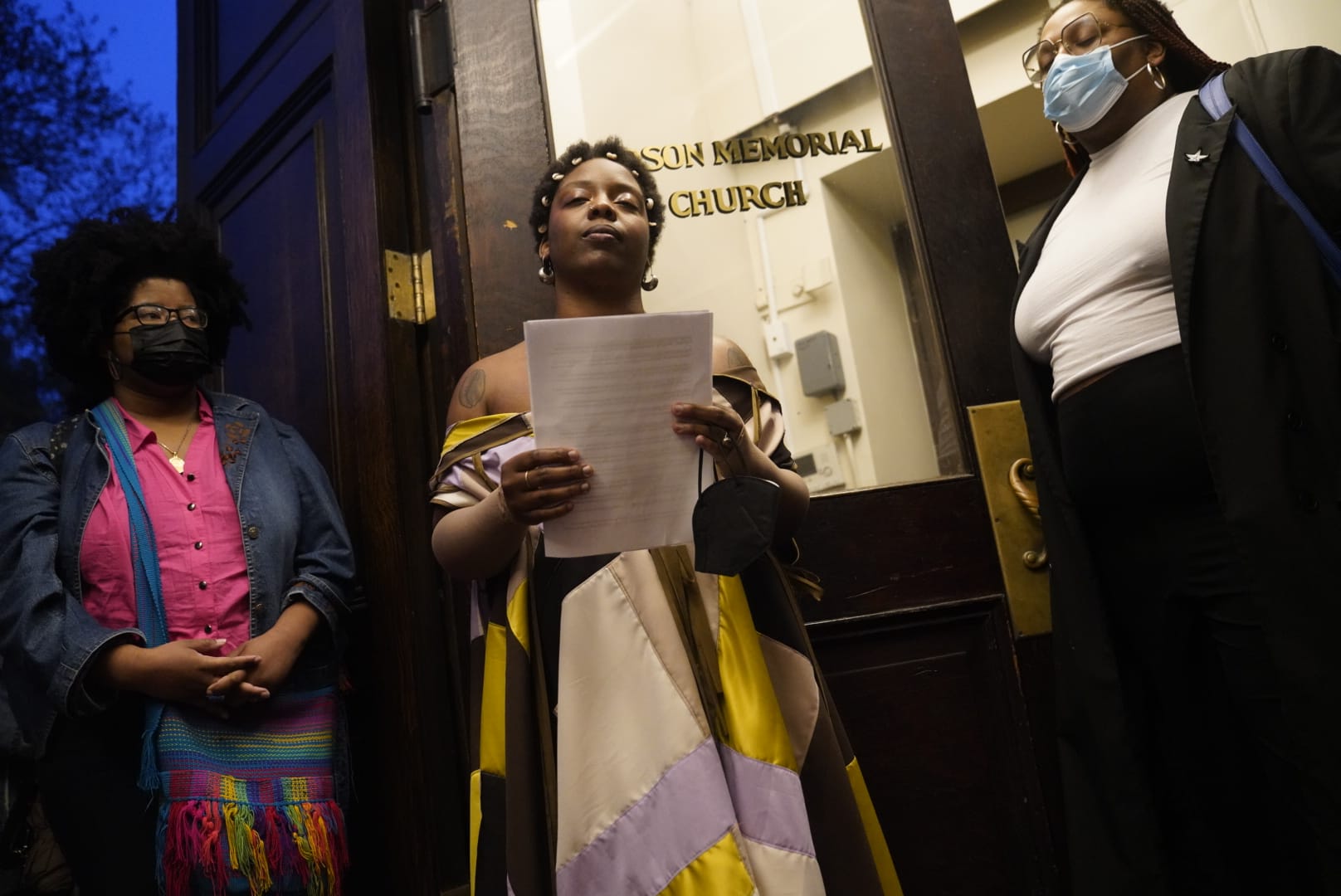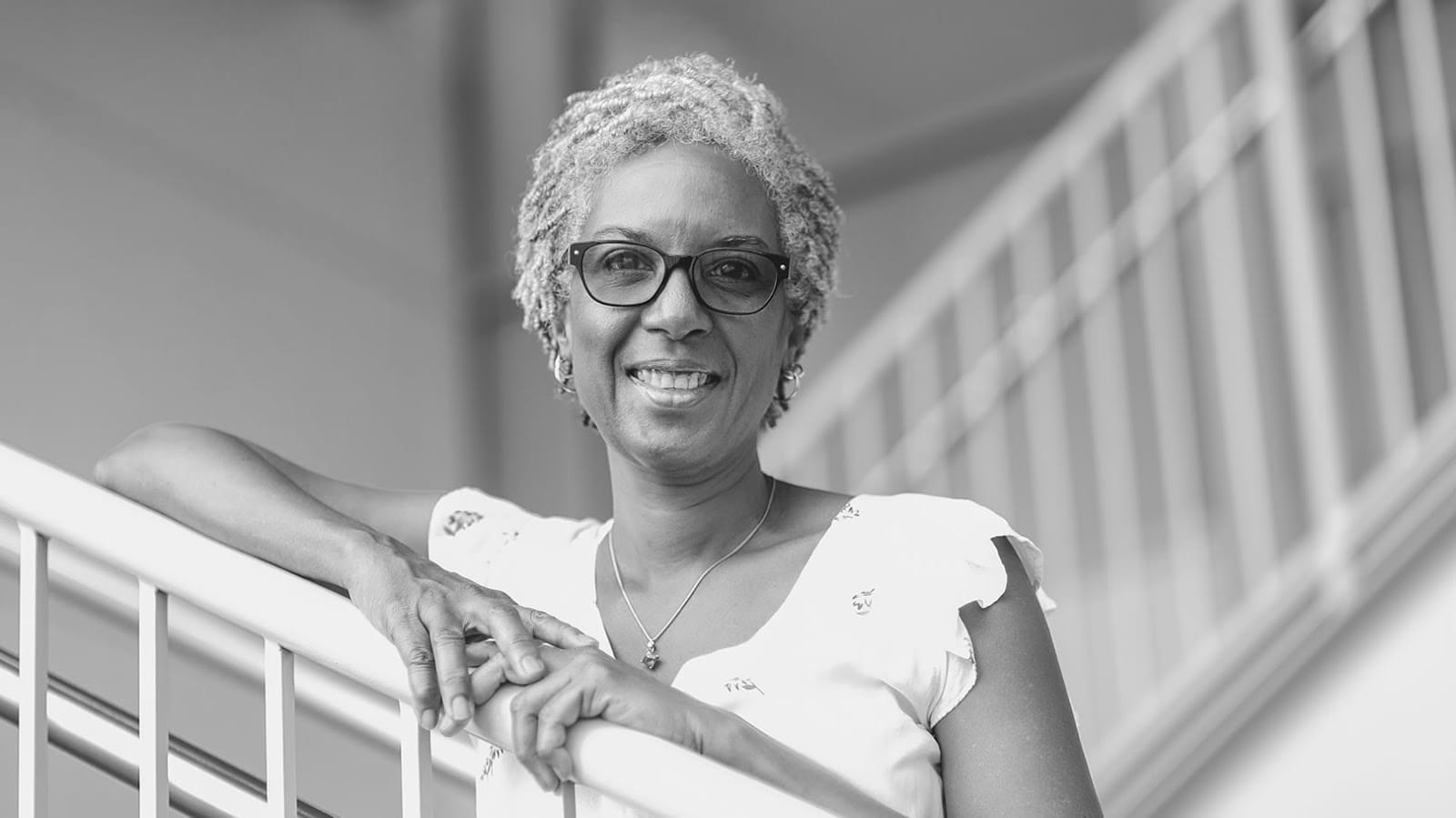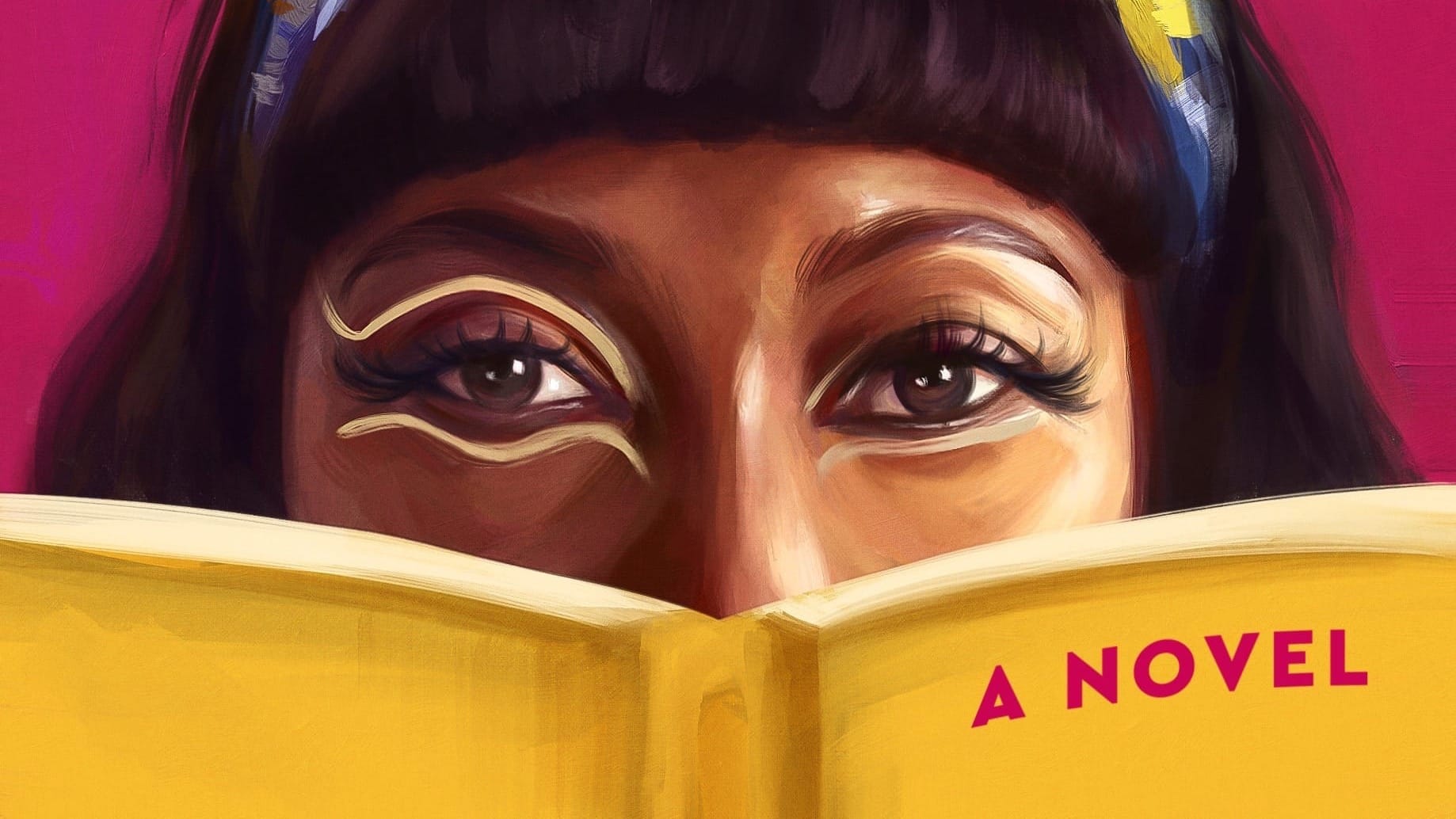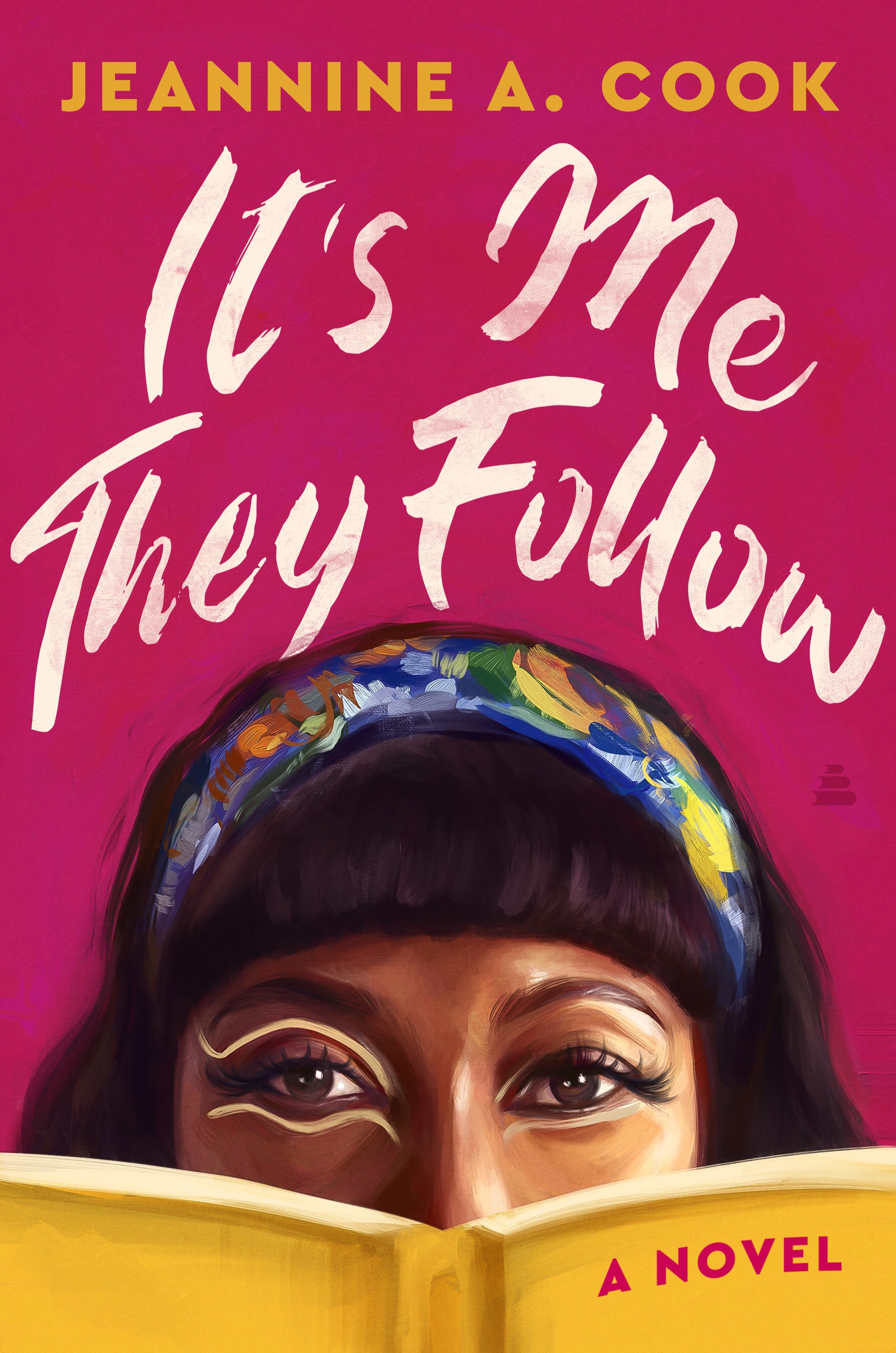Tayarisha Poe: A Genre-Bending Dynamo of Independent Film
Tayarisha Poe doesn’t believe in genres. “I make movies in a tone,” she says, smiling. “I don’t make movies in a genre.”
Tayarisha Poe doesn’t believe in genres. “I make movies in a tone,” she says, smiling. “I don’t make movies in a genre.”
This ethos runs through all of Poe’s work: distinctively moody, sharply composed, and fiercely unconcerned with fitting into industry boxes. The Philadelphia-born filmmaker has become one of the most thrilling and enigmatic creative voices working today, known for crafting narratives that unfold like secrets—part dreamscape, part critique, part portrait of a feeling you can’t quite name.
Poe first captured widespread attention with her debut feature, Selah and the Spades, which premiered at the 2019 Sundance Film Festival and is now streaming on Amazon Prime. Set at an elite Pennsylvania boarding school, the film centers on Selah Summers—a poised, calculating teen who leads one of five underground student factions. Poe describes the film as “a mob movie,” but instead of guns and gangsters, it trades in emotional violence, power struggles, and the coded rituals of teenage leadership.
Stylized through the lens of high fashion, noir, and prep school cool, Selah and the Spades unfolds with a simmering tension that favors atmosphere over clean resolutions. “I want to write stories where you can feel the tension even when no one's saying anything. That’s where I live,” Poe shared. The film is anchored by a breakout performance from Lovie Simone—now starring in the Netflix series Forever, recently renewed for a second season—and helped cement Poe’s voice as one of the most genre-bending and distinctive in contemporary independent cinema.
In 2023, Poe returned with The Young Wife, a film that’s equally genre-defying but entirely its own beast. The movie stars Kiersey Clemons as Celestina, a woman navigating her wedding day while feeling increasingly alienated by everything around her. With a radiant ensemble cast—Judith Light, Leon Bridges, Sheryl Lee Ralph—the film trades plot for texture, capturing a surreal and emotionally volatile day that becomes less about a ceremony and more about reclaiming agency. The Young Wife premiered at South by Southwest (SXSW), showcasing Poe’s continued interest in excavating personal truths from heightened, stylized spaces. The film is currently available on Apple TV.
Despite the industry’s ever-shifting tides, Poe remains grounded. Her philosophy for filmmaking is rooted in curiosity and emotional resonance. “This feels like the most exciting time to make whatever you want because nobody knows what’s coming next,” she explains. With the rapid acceleration of technology and the destabilization of traditional Hollywood power structures, Poe sees freedom rather than fear. “Make whatever movies you want. Write whatever stories come to mind. Everything is so rapidly shifting.”
This creative fluidity didn’t come from nowhere. Poe’s artistic evolution has been shaped by a deep engagement with craft—and a willingness to imitate until something original emerges. “It’s really hard to not just imitate when you’re inspired,” she admits. “But I say: imitate, imitate, imitate until it turns into slop. Until it can’t be anything but your own voice.” She likens the process to AI garbage—mashing up influences so thoroughly that what comes out on the other side is unrecognizable, and, in turn, uniquely personal.
That refusal to play by traditional rules extends beyond the screen. Poe is passionate about the future of filmmaking as a communal practice. She envisions a cinema landscape driven less by corporate studios and more by cooperatively owned creative collectives. “Studios pay my bills— no shade,” she jokes. “But I think if we really want to help our beloved studios evolve, the future has to include more collective ownership and shared resources.”
Throughout her career, Poe has been heralded for her bold visual storytelling and emotionally dense narratives. Her work often evokes more questions than answers, lingering in the mind long after the credits roll. She makes films that demand your attention—not through spectacle, but through feeling. For her, ambiguity is a feature, not a flaw. She’s not interested in clean moral binaries or tidy resolutions. Instead, she pushes viewers to sit with discomfort, tension, and the slipperiness of identity, power, and intimacy.
And while Poe doesn’t write to chase algorithms or trends, she remains engaged with culture in her own way—curious, playful, constantly absorbing. But mostly, she’s focused on telling stories that feel urgent to her, stories that speak in a visual language uniquely her own.
“Just do anything,” she urges young filmmakers. “Do whatever. Who cares? Everything’s changing.” That instinct to push forward, to imagine otherwise, to embrace the unknown—that’s Poe’s real genre. Call it whatever you want. She’ll be making work that defies the label anyway.
